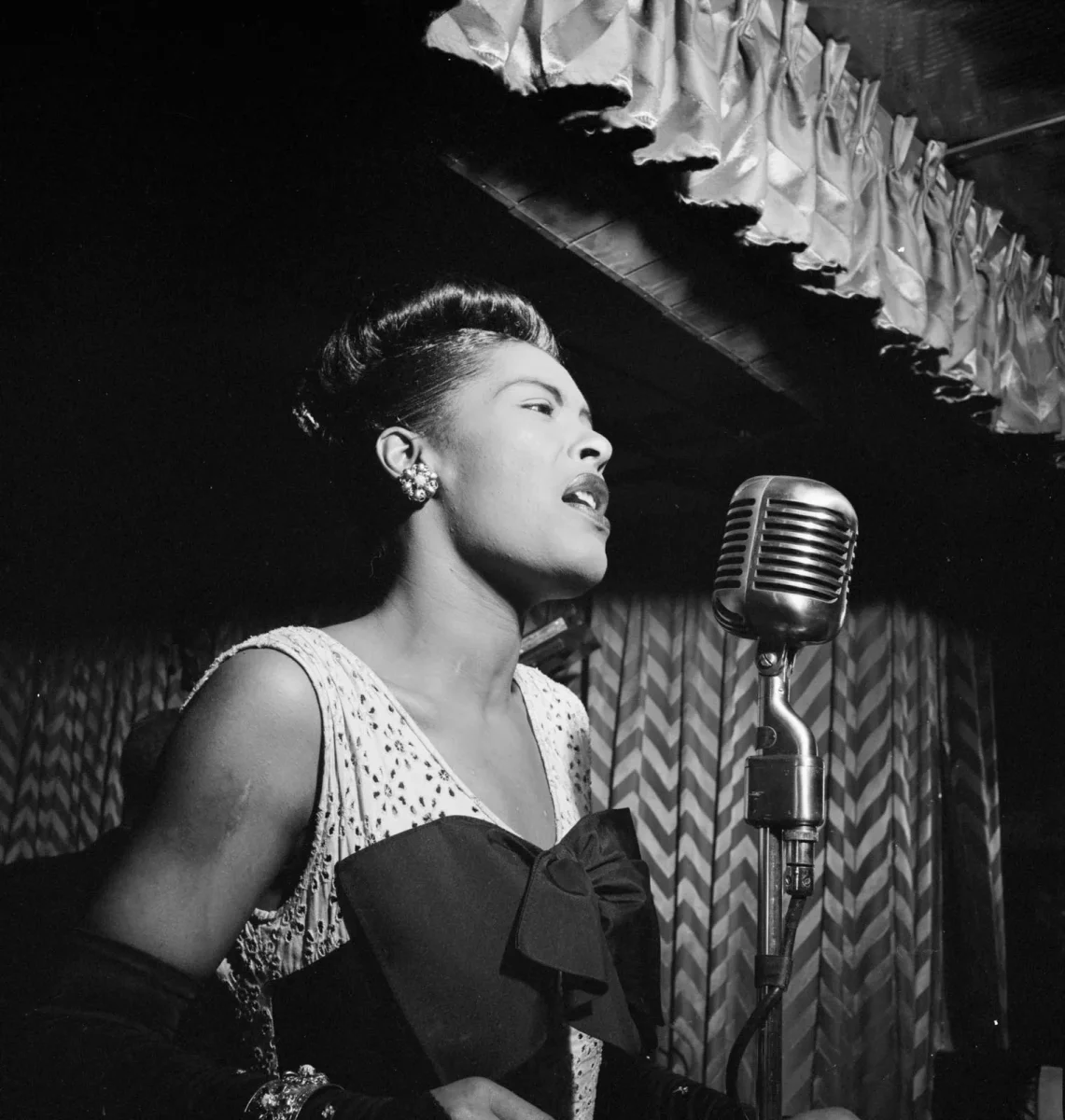“O Captain! My Captain!” Through verse and the pursuit of passion, “Dead Poets Society” continues to unravel the expectations placed on youth today. Following Neil Perry and his newfound passion for acting, “Dead Poets Society” is a 1989 drama film directed by Peter Weir. The story, set in 1959 at a conservative, all-boys preparatory school called Welton Academy, revolves around an unorthodox English teacher, John Keating. Keating challenges his students to think independently and embrace creativity in a time period where conformity is the norm — contributing greatly to the critique of assimilation today, as well as playing a key role in the shaping of the idea of ‘non conformity’ despite societal pressures.
At the core of the film is poetry, a tool through which Keating urges his students to find their own voices. The classroom becomes a space where nonconformity thrives, and students are encouraged to break free from the constraints of rote memorization and traditional thinking. Keating’s teachings are rooted in the idea that poetry, particularly works by poets like Walt Whitman, offers a way to explore individuality and challenge societal norms. Whitman’s poems, with their themes of personal freedom and self-expression, are a cornerstone of the film’s philosophy. In particular, Whitman’s famous line, “I celebrate myself, and sing myself,” echoes throughout the narrative as a call for embracing one’s own identity, independent of external pressures.
This exploration of self-expression and rebellion takes center stage when Keating invites his students to form the Dead Poets Society — a secret group where they can gather to read poetry and share their thoughts without judgment or restrictions. The group serves as an act of defiance against the school’s conservative structure and a world that demands conformity. The students, initially timid and subdued, gradually begin to take risks, find courage and challenge the traditional paths laid out for them.
However, the journey of nonconformity is not without its challenges. Neil Perry’s tragic death is perhaps the most poignant example of the tension between one’s dreams and the overwhelming pressure of familial expectations. Neil’s desire to pursue his passion for acting is crushed by his father’s insistence that he follow a more conventional career path. His suicide serves as a heartbreaking reminder of the dangers of denying individuals, especially youth, the space to explore their passions freely. It also addresses the tension between conformity and creativity, raising the question of whether conformity has any merit. While the film champions the freedom to express oneself and pursue personal dreams, it also subtly acknowledges that conformity has its place, particularly when it comes to societal norms like safety, responsibility and respect for others. There are moments in the film, especially in the aftermath of Neil’s death, where the dangers of unchecked rebellion — without guidance or balance — are evident.
In terms of academic and peer pressure, the film highlights how students are often forced into rigid molds, their dreams and passions overshadowed and sidelined by the demand for conventional success. The overwhelming pressure to conform to societal and academic expectations can stifle creativity and lead to emotional turmoil, as seen in the tragic story of Neil. This is a powerful commentary on how institutionalized systems sometimes suppress the individuality and passion necessary for personal fulfillment.
“Dead Poets Society” ultimately redefines poetic legacy by showing that poetry is not just an academic pursuit but also a means of personal liberation. Keating’s teachings reflect the idea that poetry — as both an art form and a metaphor for life — can offer freedom from tradition, societal expectations and the pressure of success. The film teaches viewers that creative freedom is essential for growth, and that embracing nonconformity in a conformist world is not only possible but also necessary for true self-expression. “Dead Poets Society” offers a nuanced perspective on the value of nonconformity, exploring the risks and rewards of challenging societal norms through poetry and self-expression. It shows the importance of pursuing one’s passions and dreams while acknowledging the pressures that often stifle those ambitions. Through its portrayal of characters who navigate the complexities of academic and peer pressure, the film encourages viewers to find balance by embracing their individuality while understanding the role of societal expectations in shaping their lives.











